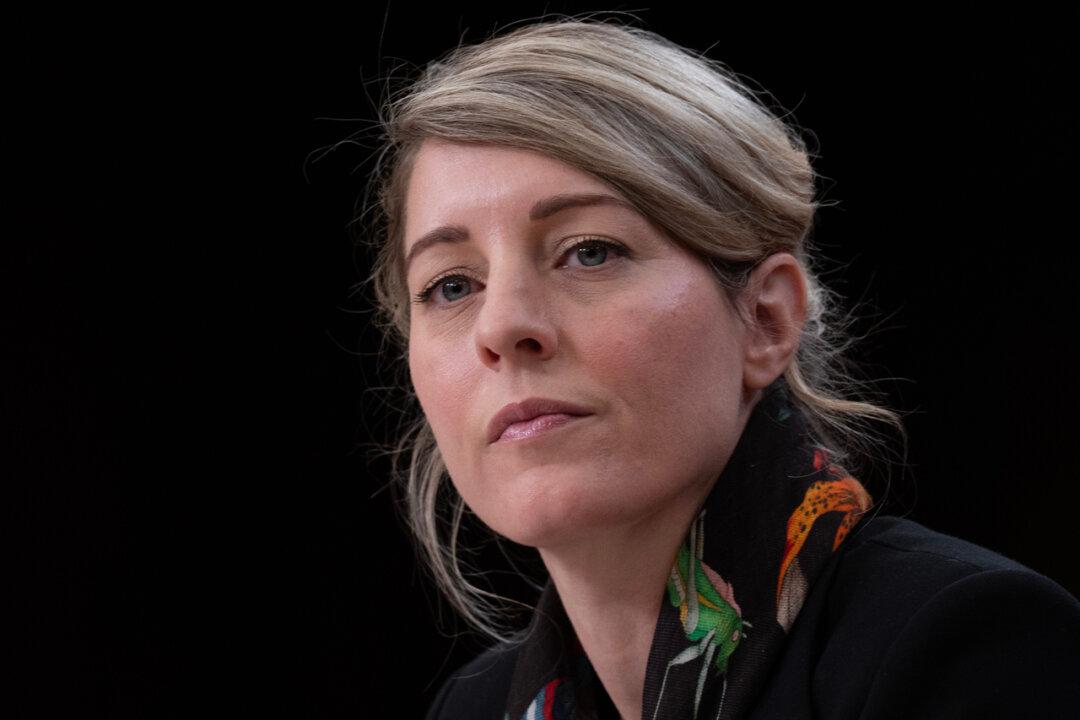India says its actions are in full compliance with the Vienna Convention on Diplomatic Relations after Canada protested having to recall 41 diplomats amid concerns over the host nation’s potential revocation of their diplomatic immunity.
In a statement issued Oct. 20, India said it is seeking “parity in mutual diplomatic presence” between New Delhi and Ottawa, citing current tensions in bilateral relations and Canada’s significantly larger diplomatic presence in India.





